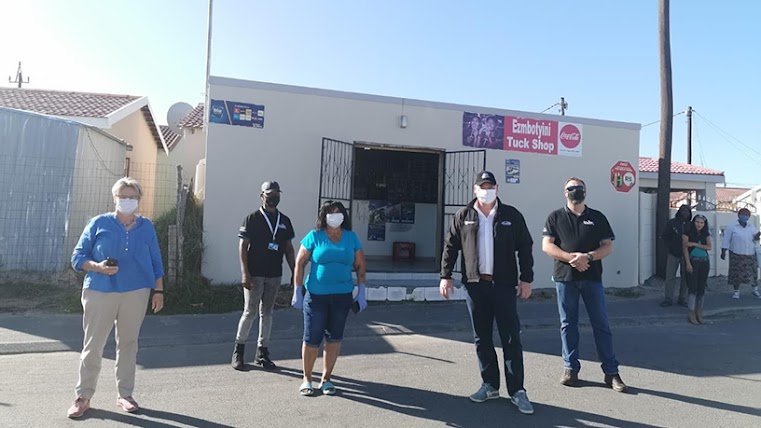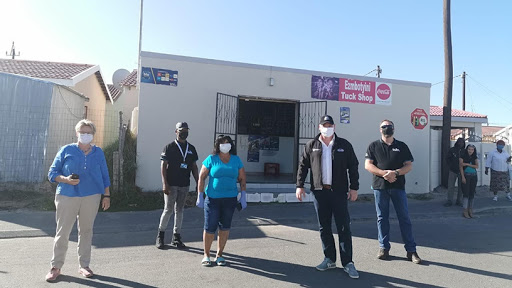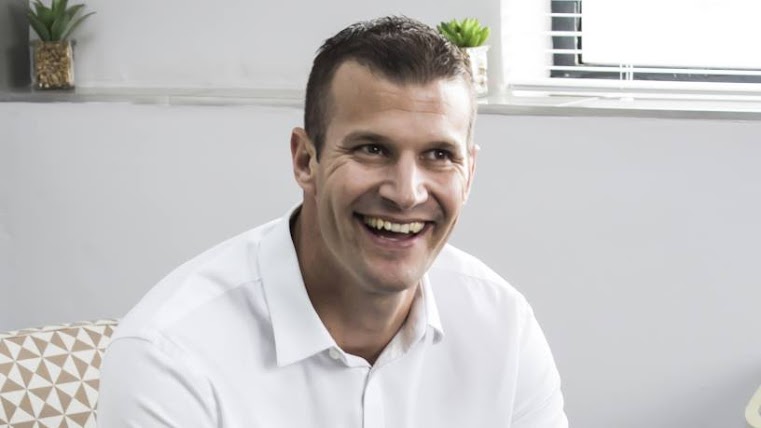WiFi-enabled solar lights switched on in CT informal settlement


Three months after a memorandum of understanding (MOU) was signed between Internet service provider (ISP) ThinkWiFi and non-profit organisation (NPO) GreenCape to deliver WiFi-enabled solar street lights in Witsand, Atlantis, the first WiFi hotspots have been installed.
“The nationwide lockdown has not paused the roll out of our fast, free WiFi to communities in need,” says Marnus Kruger, ThinkWiFi COO.
“In collaboration with GreenCape’s Alternative Service Delivery Unit (ASDU), we’ve been working hard at providing WiFi to the residents of the Witsand area. We have deployed 10 access
points throughout the Witsand community that have gone live. Currently, we are providing access to over 2 000 people per day.”ThinkWiFi is a Cape Town-based service provider that is building public WiFi infrastructure to provide free, uncapped connectivity in communities, townships, universities and transportation hubs across South Africa.
It is currently active in 161 locations across Langa, Khayelitsha, Gugulethu, Delft, Elsies River and Philippi.
ThinkWiFi’s mission is to empower people, to work with local communities to find employment solutions, and work with organisations to bring digital skills education
to each community.
See also
Its ultimate aim is to close the digital divide while laying the foundations for the fourth industrial revolution for all under-served communities in SA.
Through a co-design process with GreenCape’s ASDU and the Witsand leadership, the concept of adding a solar light to the WiFi connection points was discussed.
ThinkWiFi had already started the process of embracing this innovation into its service offering, which will be deployed once lockdown regulations will allow.
Together with key stakeholders, the ASDU team designs and adapts the process of service delivery in close collaboration with existing local community organisations, academia, government and industry.
“This is resilient urbanism, which embraces the everyday urban reality, explores means of improving what already exists in an incremental way and creates the space for true innovation and resilience,” says Jack Radmore, energy programme manager at GreenCape.
“Co-design, social choice and the exploration of new approaches to innovative service delivery offers a unique opportunity and has vast implications for how the infrastructure of the future must be conceptualised, designed and operated.”
The partnership with ThinkWiFi originated after ASDU enumerated more than 2 500 households in the Witsand informal settlement.
According to GreenCape, this was done with a focus on creating
a strong social foundation for service delivery, building an inclusive platform for local community members to express infrastructure preferences, and to understand the communities’ propensity to pay for infrastructure services while also mapping existing infrastructure assets.It notes that from this process, the Witsand community prioritised area lighting and connectivity as their most pressing energy-related needs.
“It was a great delight for me to visit the site of the first installed WiFi hotspots in Witsand after witnessing the MOU signing a few months ago,” says alderman James Vos, City of Cape Town mayoral committee member for economic opportunities and asset management.
“The promotion of innovation and partnership focused on improved conditions, service delivery and well-being change the current lack of infrastructure in these areas into an opportunity for empowerment,” he adds.
The MOU also outlines that there will be continued collaboration on new sites to explore the overlap of energy services and connectivity, in this case the provision of public WiFi infrastructure, GreenCape notes.
Over the past three years, GreenCape has launched and funded three ASDU sites, with interventions ranging from WiFi-enabled solar street lights to home solar systems.
These three sites cover 3 500 homes and 11 550 people, the NGO says.



